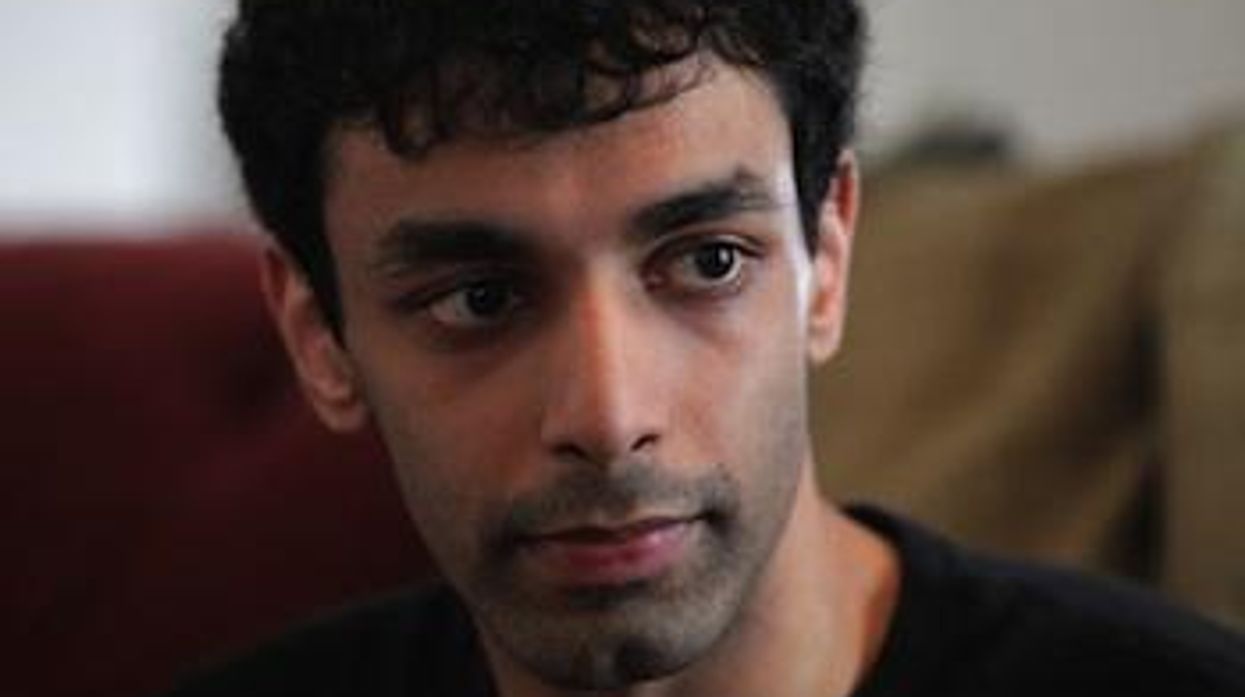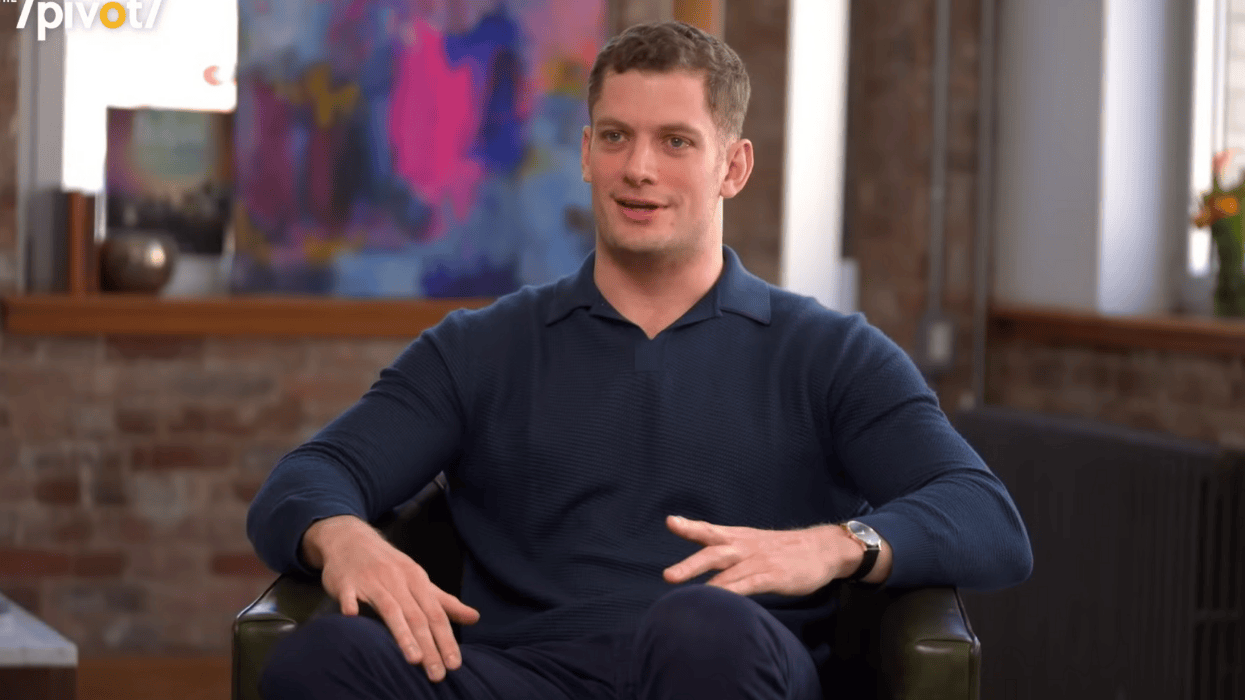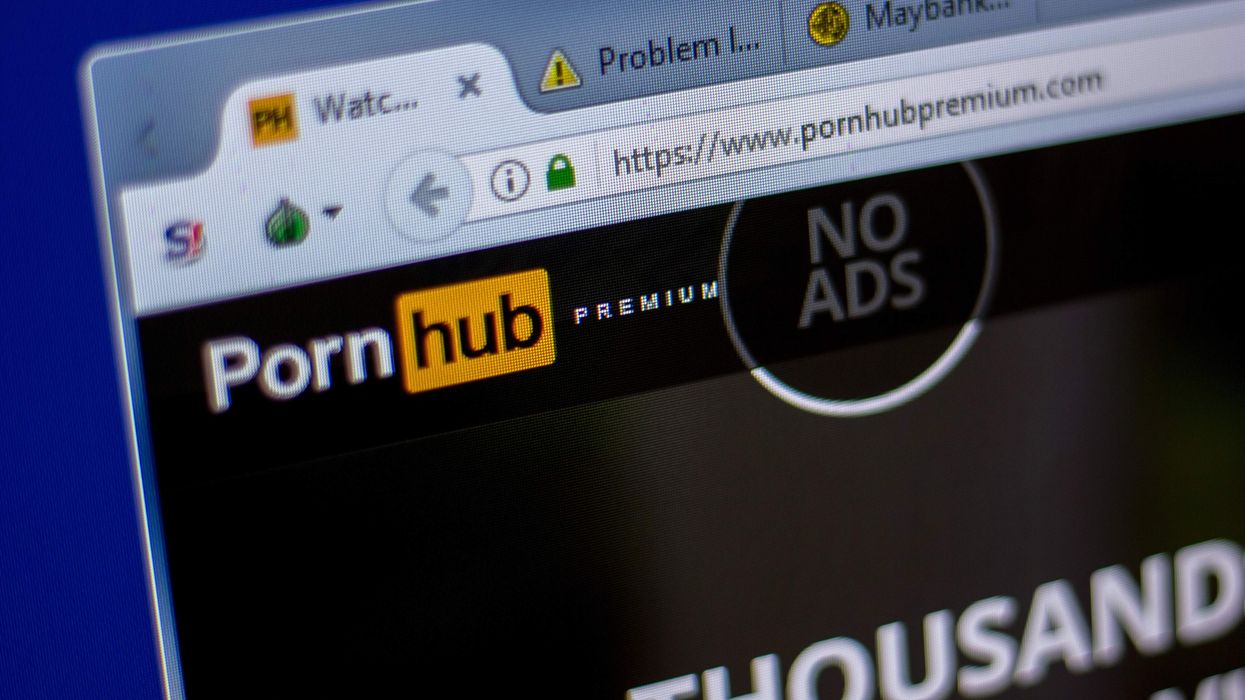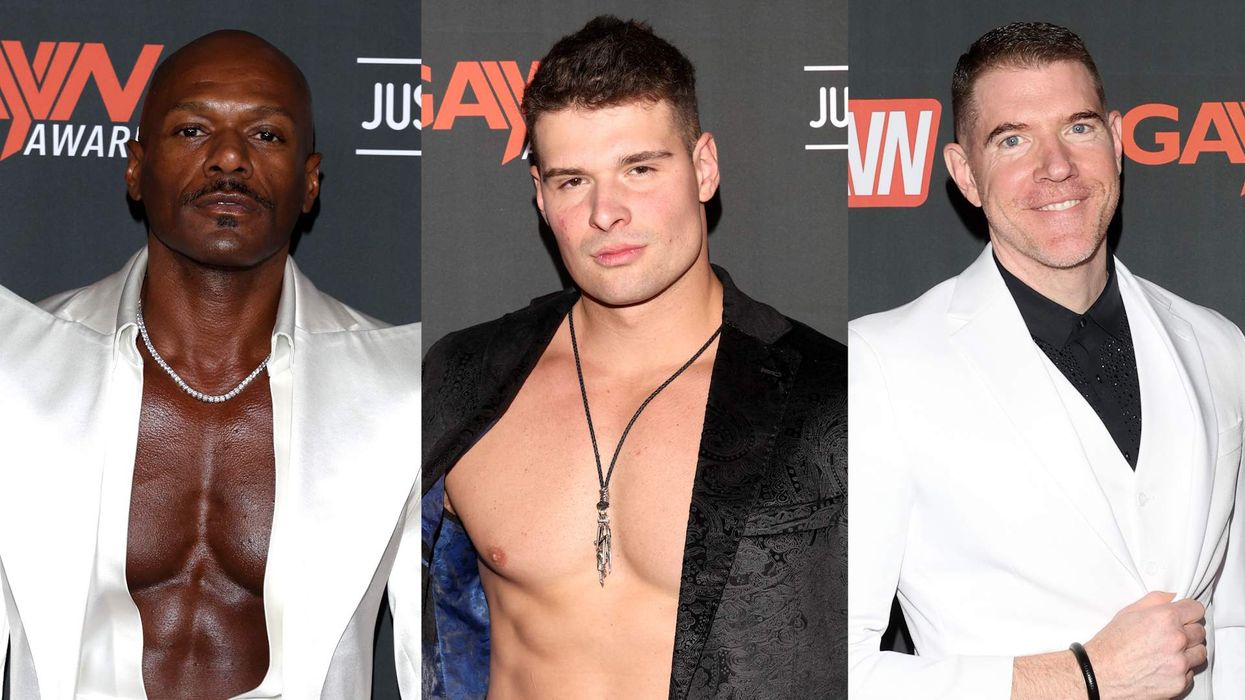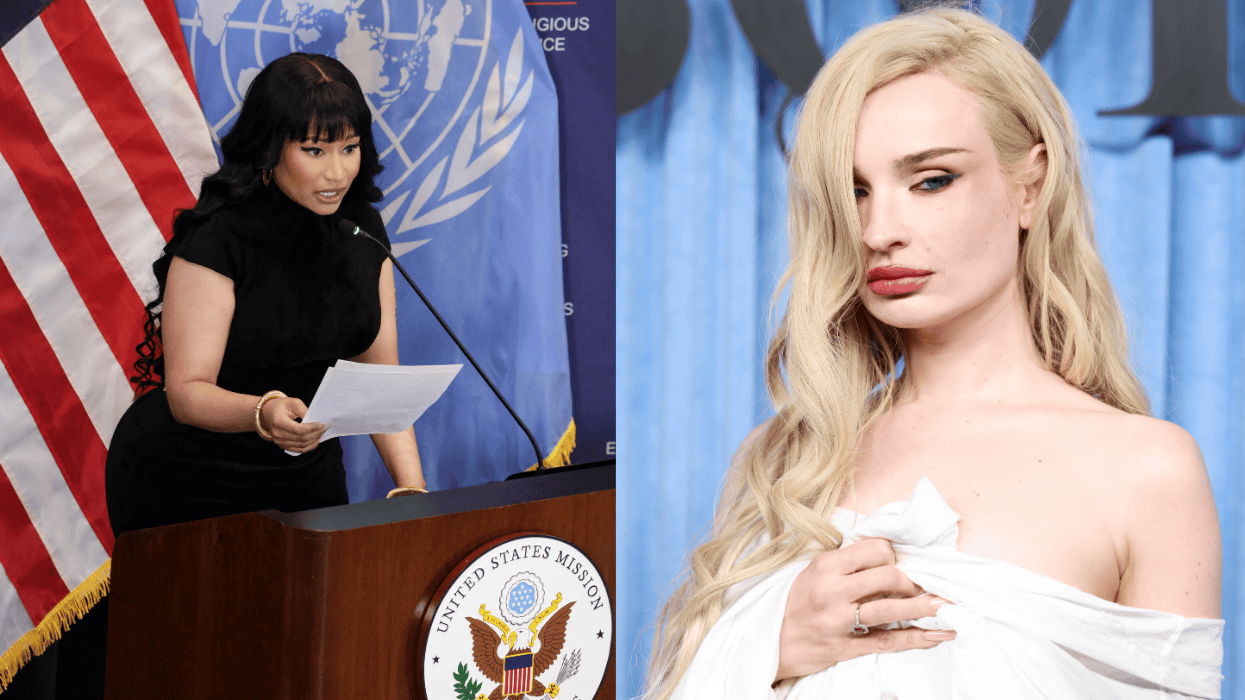When the jury in the Dharun Ravi trial delivered its verdict on March 16, it was possible to feel, at least temporarily, a grim satisfaction that the horrible circumstances around the death of a young gay man had been properly acknowledged. We have not always been able to rely on the courts to treat our lives with dignity and respect, and it's validating when they do. Ravi's conviction was a compelling signal that harassment and bullying of LGBT people carries penalties. Yet the verdict also left a bitter aftertaste, as if what was being satisfied was not justice, but revenge.
Ravi did a terrible thing, but he was not on trial for Tyler Clementi's death, nor should he have been. He was on trial for the nebulous crime of "bias intimidation," but anyone who believes the case would have gone to trial if Clementi were still alive is kidding himself. Ravi was convicted because Clementi is dead. In that sense, at least, Ravi took the rap for colluding in a culture of bullying and stigmatization that is pervasive. You need only see Bully, an urgent new documentary, which tracks a handful of middle- and high-school students as they negotiate a gauntlet of physical and verbal abuse, to understand that the story of Clementi and Ravi has deep roots. It may have ended with a webcam, but it did not begin with one. Whether Clementi felt ostracized at school, we do not know. But we know he felt ostracized at home: "Mom has basically completely rejected me," he wrote to a friend shortly after he revealed his homosexuality.
It's an all-too-familiar narrative, but it's also a reminder that the experiences that shape us are complicated. The spotlight on teen suicide in the gay community was overdue and necessary, but it has also left us reaching for simplistic answers where there are none. That is not to excuse Ravi, who did a terrible thing, but it does beg questions around what purpose his imprisonment would serve. Does it honor Tyler Clementi's legacy? Will it prevent other kids from killing themselves? If you think the answer to those questions is no, as I do, we should have the compassion not to wreck another life as some kind of atonement for the one that was lost. Ravi faces up to 10 years when he is sentenced on May 21. A wise judge would set him free.
To understand the seeds of Ravi's behavior, it's worth watching Bully, a moving exploration of teen bullying that had been slapped with an R rating because of a few bad words--a decision that producer Harvey Weinstein is exploiting in a crafty publicity drive. I wish the director had compromised a little (and maybe he will), because his movie deserves as wide an audience as it can get. Changing the ratings system is a worthy cause, but Bully has an important mission, and bleeping a few expletives won't dilute it. Filmed largely in Sioux City, Iowa, it illuminates the extraordinary degree to which children exploit perceived weaknesses and differences to enhance their status in the social hierarchy. Those who stand by silently--as kids are punched, stabbed with pencils, and verbally threatened--are collaborators whether they realize it or not.
Watching the movie, I was reminded how small and claustrophobic the world can appear when you are young, and how trapped one can seem. When 12-year-old Alex Libby quietly admits, "I feel like I belong somewhere else," it's as profound a distillation of the insidiousness of bullying as you're likely to hear. Bully shows how it might be possible to combat that culture, largely by building support groups that challenge the passive collusion of schools and students. But it also shows the power of self-affirmation, particularly in the case of Kelby Johnson, a young transgender teen from Oklahoma, who is shunned by her town after she comes out. She is lucky to have a supportive family and a small cadre of loyal friends, but she also reflects a spunky determination to control her own destiny. Like Johnson, most of us find the fortitude and resilience to survive the vicissitudes of adolescence, but we still have to work out how to help those who don't.


